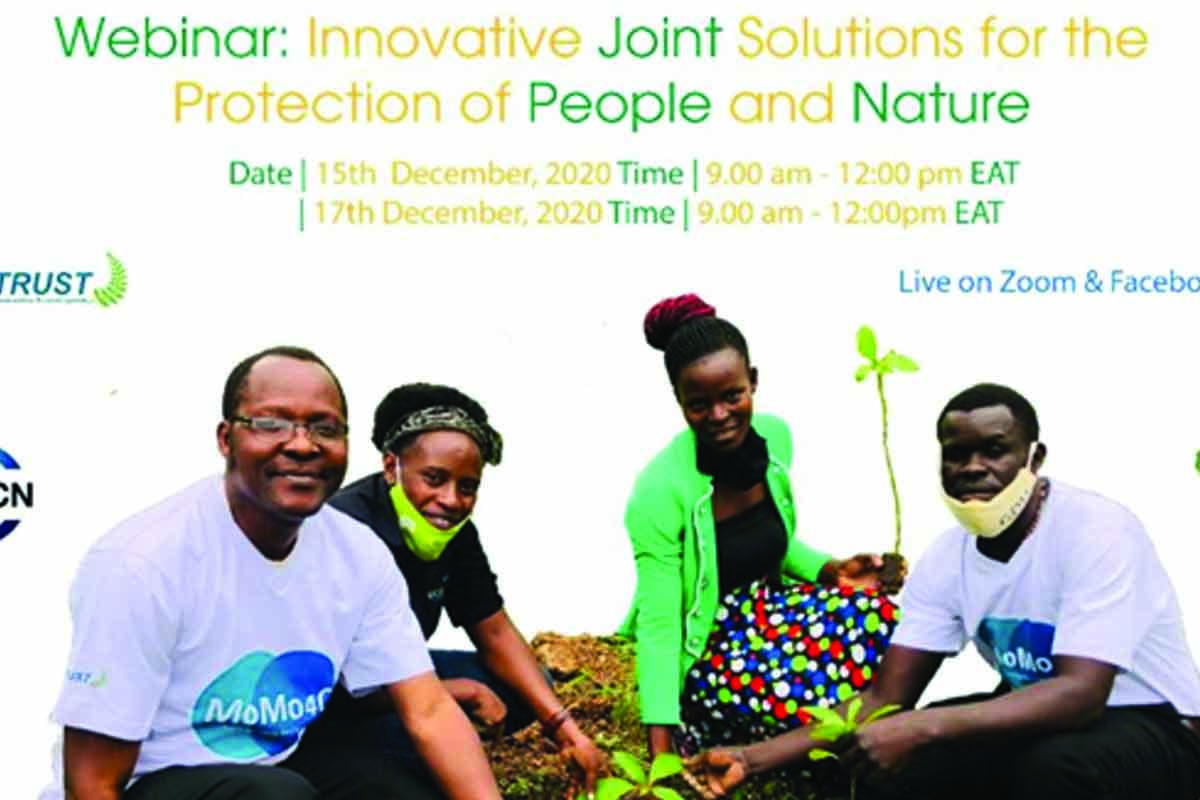
Held under the theme “Innovative Joint Solutions for the Protection of People and Nature”, the Shared Resources, Joint Solutions Implementing committee of Uganda (SICU) organized a series of short-focused webinars on the 15th& 17th of December 2020 to mark the end of the five-year programme. This followed a landscape level closure event in Masindi District on 12th November 2020 in which local stakeholders i.e., district and community stakeholders were recognized and appreciated for their roles in bringing the project to fruition.
The two webinars, attended by project stakeholders and supporters at both national and international level, reflected on the outcomes, lessons learned and shared recommendations from this unique programme.
The objective of the 2016-2020 Shared Resources Joint Solutions programme was “to secure the International Public Goods (IPGs) of food security, water provisioning, climate resilience and biodiversity amidst oil and sugarcane risks in the Queen Elizabeth and Murchison landscapes of Uganda.”
In achieving this objective, the programme introduced a range of innovations to influence planning, policy and practice in the Oil & Gas exploration and production within the biodiversity rich Albertine Rift of Uganda, some of which included; the creation of community pressure groups and ‘conservation champions’ in form of elected and unelected leaders, fronting evidence-based advocacy at the national parliament and line government ministries and forming strong conservation partnerships with operating private sector companies.
The SRJS model proposed that all development planning must be guided by the concept of shared resources, humans being just stewards of these resources. In seeking to share resources between nature and development, we must establish the Total Economic value of our ecosystem goods and services and ensure that development program designs are based on the sustainable management of the ecosystems that support life.
The SRJS core partnership consisting of ECOTRUST, AFIEGO and IUCN UCO was a strong asset as partners brought complementary roles and expertise to the table, combining carrot and stick approaches in lobby and advocacy. The programme also supported and strengthened other partnerships such as the CSCO platform, the Kiiha watershed partnership, the Bugoma campaign coalition, and the working group to review the wetlands policy.
The webinars furthermore provided an opportunity to dialogue with some key players in Uganda’s Oil & Gas and Forestry sectors on the current state of affairs. Have a look at the recordings here
We would like to thank all stakeholders for the opportunity to collaborate on this project. The concept of Shared resources joint solutions will always remain an integral part of our natural resource management.
The SRJS Programme was funded by the Dutch Ministry of Foreign Affairs through IUCN NL and WWF NL.

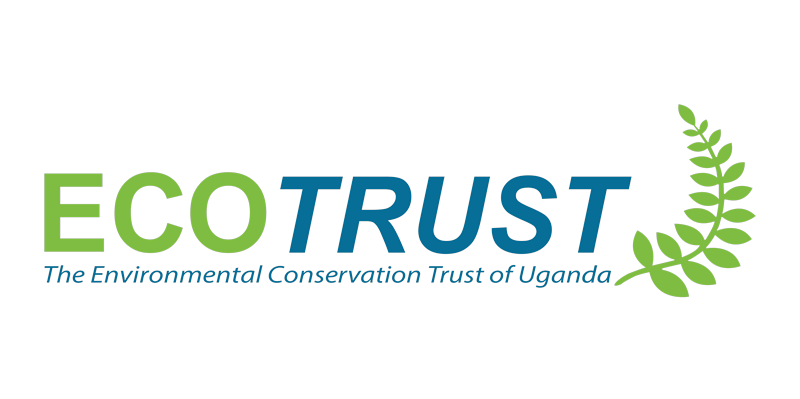
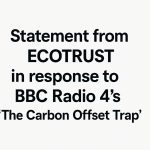
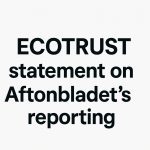
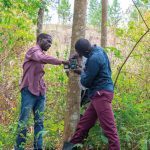
Follow Us On